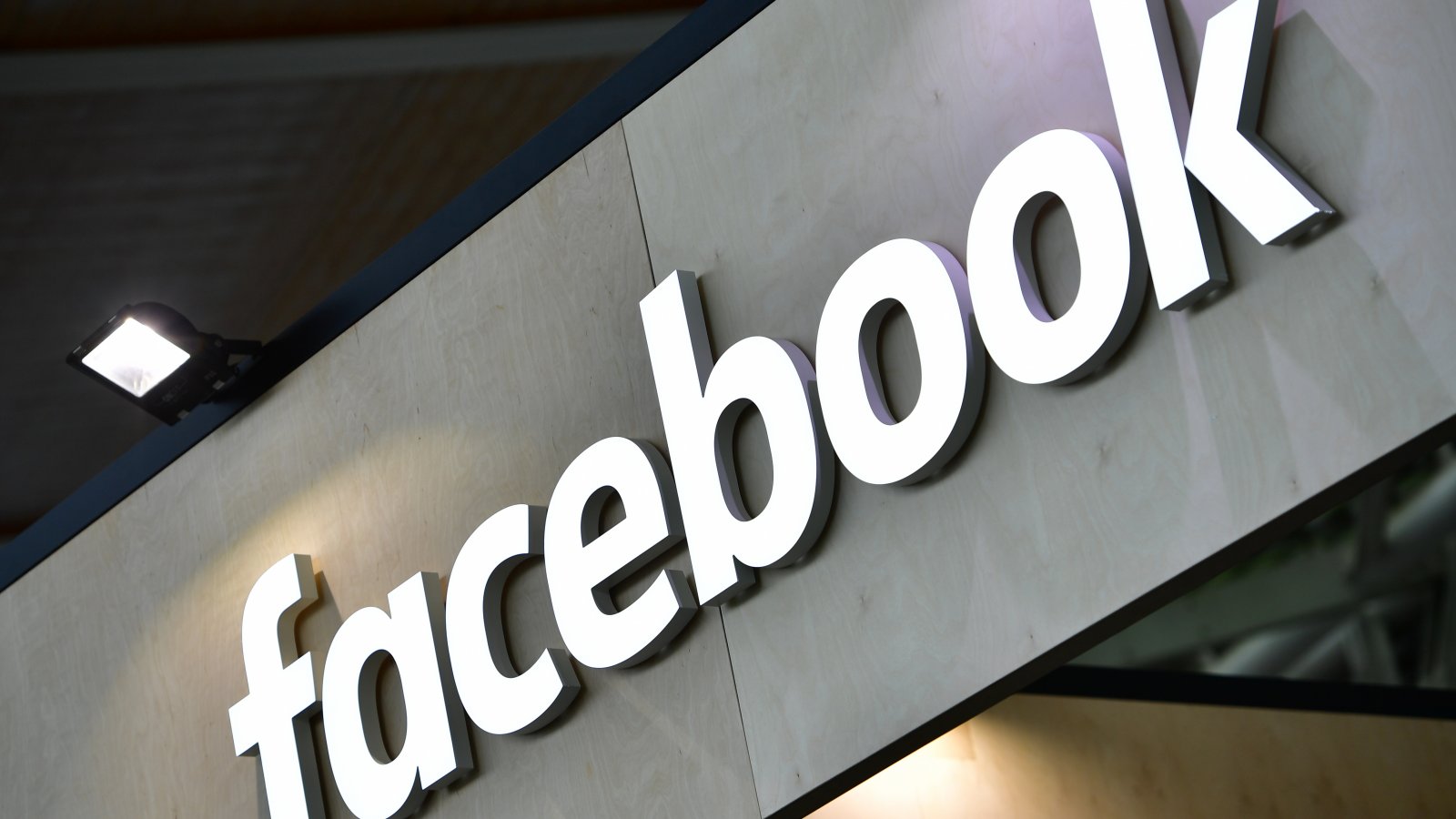
In the run up to the midterms, Facebook says it will not allow people to post bad information about how and where to vote and plans to fact check reports of violence or long lines at the polls.
However, it still has no plans to weigh in on false stories or fake news about candidates or election issues.
The ban on false information about voting methods ... comes six weeks after Senator Ron Wyden asked Chief Operating Officer Sheryl Sandberg how Facebook would counter posts aimed at suppressing votes, such as by telling certain users they could vote by text, a hoax that has been used to reduce turnout in the past.
The information on voting methods becomes one of the few areas in which falsehoods are prohibited on Facebook, a policy enforced by what the company calls “community standards” moderators, although application of its standards has been uneven. It will not stop the vast majority of untruthful posts about candidates or other election issues.
(...)
“We don’t believe we should remove things from Facebook that are shared by authentic people if they don’t violate those community standards, even if they are false,” said Tessa Lyons, product manager for Facebook’s News Feed feature that shows users what friends are sharing.
Links to discouraging reports about polling places that may be inflated or misleading will be referred to fact-checkers under the new policy, Facebook said. If then marked as false, the reports will not be removed but will be seen by fewer of the poster’s friends.
Such partial measures leave Facebook more open to manipulation by users seeking to affect the election, critics say. Russia, and potentially other foreign parties, are already making “pervasive” efforts to interfere in upcoming U.S. elections, the leader of Trump’s national security team said in early August.
(...)
Facebook executives are also debating whether to follow Twitter Inc’s recent policy change to ban posts linking to hacked material, [Facebook’s cybersecurity policy chief, Nathaniel] Gleicher told Reuters in an interview.
The dissemination of hacked emails from Democratic party officials likely played a role in tipping the 2016 presidential election to Trump, and Director of National Intelligence Dan Coats has warned that Russia has recently been attempting to hack and steal information from U.S. candidates and government officials.
A blanket ban on hacked content, however, would limit exposure to other material some believe serves the public interest, such as the so-called Panama Papers, which in 2015 made public the extensive use of offshore tax havens by the world’s wealthy.
Exclusive: Facebook to ban misinformation on voting in upcoming U.S. elections (Reuters)